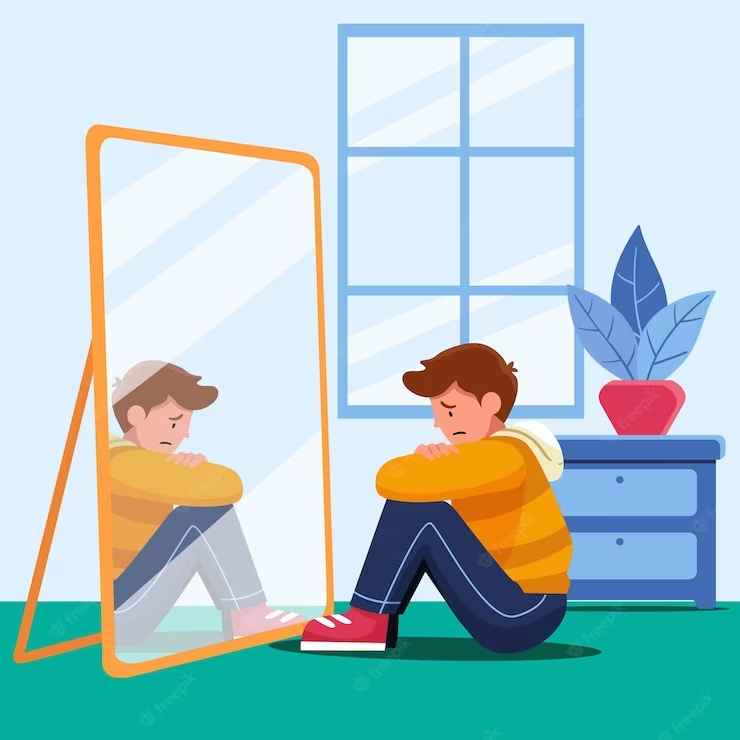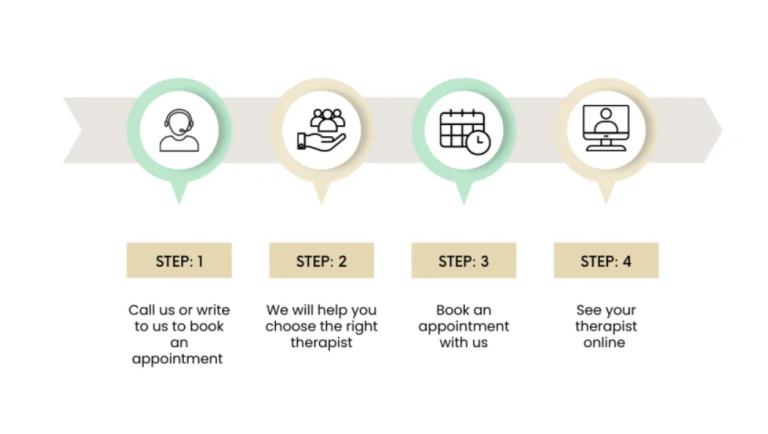
How to Improve Low Self-Esteem : A Detailed Guide to Feeling More Confident
There are answers to the question, "How to improve low self-esteem?". With the strategies in this article, you can build a stronger sense of self-worth and live a life filled with confidence and happiness.
35000
Sessions
22+
YEARS EXPERIENCE
500000+
LIVES IMPACTED
Ever feel like a fake, even when everyone tells you you’re amazing? You get praised for your work and win awards, yet a tiny voice whispers, “They don’t know the real you. They don’t know that you’re unfit for this.”
Or maybe social media is your worst enemy. You scroll through perfect vacation pics and curated lifestyles, feeling like your own life doesn’t match up in comparison. Suddenly, you feel a wave of inadequacy washing over you.
Perhaps saying “no” feels impossible. You take on every request, even when you’re swamped. Disappointing others feels unbearable, so you push yourself to the extreme, ending up burnt out and secretly resentful.
These situations, though different, have a common thread: low self-esteem. If this resonates with you, know that you’re not alone.
The good news is, there are answers to the question, “How to improve low self-esteem?” With the strategies in this article, you can build a stronger sense of self-worth and live a life filled with confidence and happiness.
What Is Self Esteem?
Self-esteem is your sense of worth and value. It affects how you see yourself, how you interact with the world, and how you approach and tackle challenges. When you have low self-esteem, you will feel held back from reaching your full potential.
If you’re wondering how to improve your low self-esteem and feel more confident in your skin, here are a few strategies for you to get started.
How To Improve Low Self-Esteem?
Here are some practical steps, which are based on self-awareness and mindfulness to help you out on improving your low self-esteem. You can use these techniques as a toolkit with easy techniques to try to manage your self-esteem issues.
1. Challenge Negative Thoughts
Our thoughts aren’t always the truth or an absolute fact. Do have a voice telling you that you are stupid, and you never get anything right? Well, take a step back, and ask yourself, is this the complete truth, do I “always” get things wrong?” Chances are this thought is an error in thinking. Therefore, when you come across such statements, challenge their validity, and ask yourself if it is based on reality.

2. Practice Self-Compassion
Having compassion towards all your parts- the good, the neutral, and the bad, is an important aspect of Mindfulness. In simple words, mindfulness is about being in the present moment, without any judgment. Self-compassion plays a huge role in mindfulness as it is all about being non-judgmental with yourself. By being self-compassionate, you’re accepting whatever it is you have in the present moment- be it the traits you like about yourself, or don’t.
Think about this when you find yourself in a spiral of self-hatred: Would I talk to my close friend this way? There is a good chance, that you would help your friend out by offering them kindness and support. Therefore, notice your negative self-talk and try to replace it with self-affirmations like, “It’s okay you got it wrong this time, it doesn’t mean that you are incapable or stupid. You can try giving it another shot, I believe in you!”
3. Identify Your Strengths
We all have talents and abilities. Make a list of things you’re good at, big or small. Maybe you’re good at making people laugh, or you are good at baking or art. You may be empathetic and compassionate- these are all strengths to have, and knowing about them can be self-assuring, and can improve low self-esteem.
4. Practice Mindfulness
Mindfulness helps you become more aware of your thoughts and feelings without judgment. This allows you to observe negative self-talk and choose a more compassionate response. Techniques like meditation or mindful breathing can be great starting points.
5. Focus on the Present
Ruminating on the past or worrying about the future can fuel self-doubt. Mindfulness helps you anchor yourself in the present moment, reducing anxiety and allowing you to focus on what you can control.

Is your low Self Esteem holding you back?
Counseling can be a great tool for you to manage and address your low self esteem.
We are here for you.

Give Therapy A Try
Sometimes our self-esteem issues can come up due to unresolved trauma from the past, or due to reasons beyond our understanding. Battling self-esteem can be challenging, given that you’re constantly fighting against the voice in the head that constantly puts you down. In such instances, seeking professional support, like therapy to manage low self-esteem, can be a great starting point. A therapist can offer you an open and free space to untie the knots of low self-esteem and develop a stronger sense of self.
The journey towards improving self-esteem is a long one. However, when you embark on this journey, you must remember that you can seek help and support along the way. Through therapy, or just with the techniques mentioned above, you can also inch closer towards a more confident, happy, you!
Meet Our Therapists & Counselors and Book an Appointment
Our therapists are all trained psychologists qualified in helping people work through their difficulties. We work with individuals across different populations. We use an eclectic range of psychotherapies from solution oriented to insight oriented to holistic meditative approaches, depending on the need and comfort of the clients.
"What Our Clients Say about Our Online Counseling Services"







